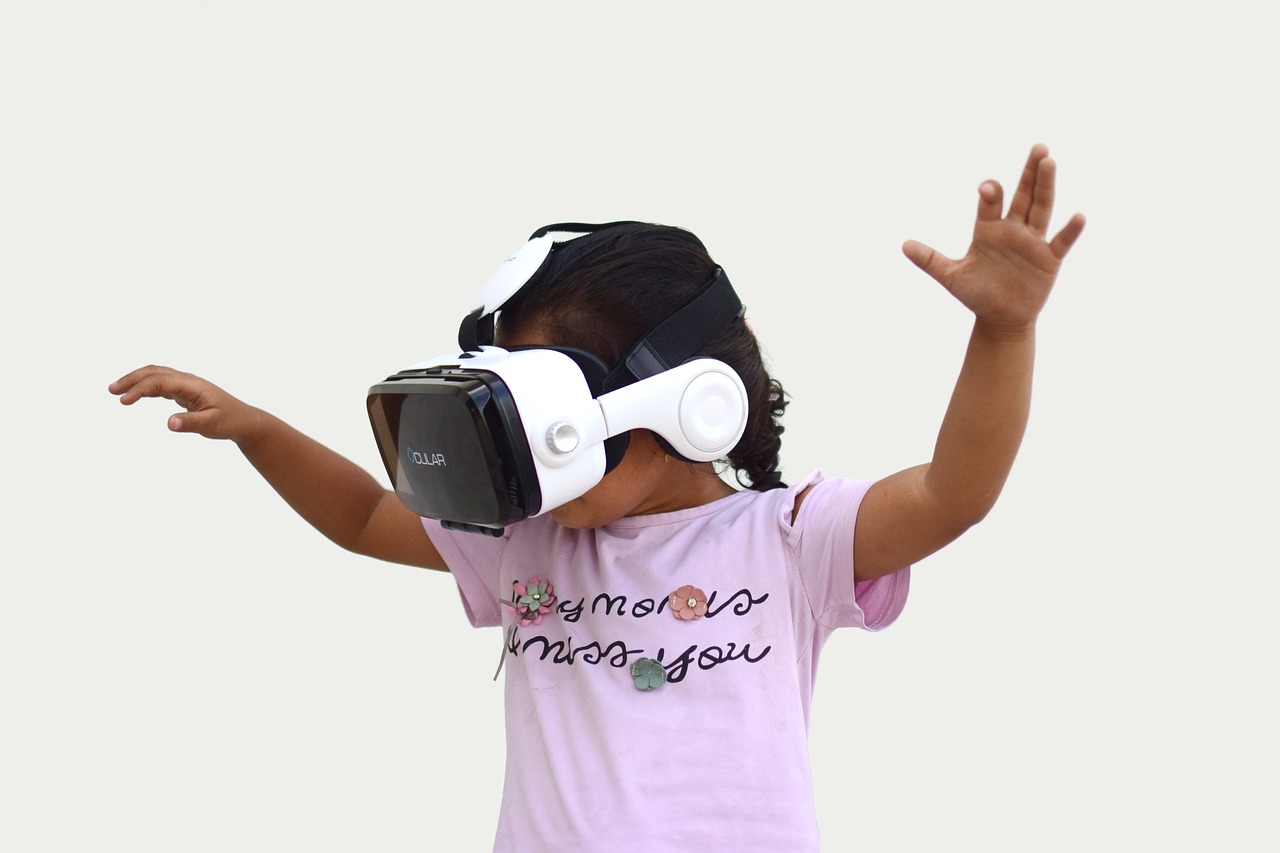Investigating the Impact of Diversity Casting in Film and TV: Representation and Authenticity
Diversity in casting is a crucial element that reflects and represents the world we live in. It allows for a more authentic portrayal of different cultures, backgrounds, and perspectives, enriching storytelling by bringing a variety of experiences to the forefront. By embracing diversity in casting, productions can break away from stereotypes and clichés, opening up opportunities for actors from underrepresented groups to showcase their talent and contribute to the industry in meaningful ways.
Furthermore, diverse casting not only benefits the creative process but also resonates with audiences on a deeper level. When viewers see characters on screen who look like them and share similar experiences, it fosters a sense of connection and validation. It can also lead to greater empathy and understanding among viewers, as they are exposed to different narratives and points of view. In essence, diversity in casting has the power to shape cultural perceptions and promote inclusivity within the entertainment industry.
• Diversity in casting allows for a more authentic portrayal of different cultures, backgrounds, and perspectives
• Enriches storytelling by bringing a variety of experiences to the forefront
• Breaks away from stereotypes and clichés in productions
• Opens up opportunities for actors from underrepresented groups to showcase their talent
• Resonates with audiences on a deeper level
• Fosters a sense of connection and validation among viewers
• Leads to greater empathy and understanding as viewers are exposed to different narratives and points of view
• Shapes cultural perceptions and promotes inclusivity within the entertainment industry
Challenges Faced by Underrepresented Groups in the Entertainment Industry
Underrepresented groups within the entertainment industry often encounter significant barriers that hinder their opportunities for success. One of the primary challenges faced by these individuals is the lack of diverse representation both in front of and behind the camera. This lack of representation leads to limited roles and opportunities available to actors, writers, directors, and other industry professionals from marginalized backgrounds.
Additionally, underrepresented groups frequently come up against stereotypes and biases that perpetuate harmful tropes and limit their potential for growth and recognition within the industry. These stereotypes can overshadow their talent and abilities, preventing them from being considered for a wide range of roles and projects that do not conform to preconceived notions of what their identities should entail. As a result, many talented individuals face an uphill battle in gaining equal footing within the entertainment landscape.
Positive Effects of Authentic Representation on Audiences
Authentic representation in media holds immense power to shape the perceptions and experiences of audiences. When individuals see themselves accurately reflected on screen, it fosters a sense of validation and belonging. This validation can help combat feelings of isolation and increase self-esteem among underrepresented groups. Furthermore, authentic representation allows for a greater appreciation and understanding of different cultures, experiences, and perspectives, fostering empathy and human connection. The impact of seeing one’s identity portrayed authentically in media can be transformative, leading to a more inclusive and accepting society.
Why is diversity in casting important?
Diversity in casting helps to accurately represent the world we live in, allows for a variety of perspectives to be shared, and gives opportunities to underrepresented groups in the entertainment industry.
What challenges do underrepresented groups face in the entertainment industry?
Underrepresented groups often face barriers to entry, lack of opportunities for advancement, stereotyping, and tokenism in the entertainment industry.
What are some positive effects of authentic representation on audiences?
Authentic representation can lead to increased empathy and understanding, greater engagement with the content, and a sense of validation and empowerment for individuals who see themselves represented on screen.







